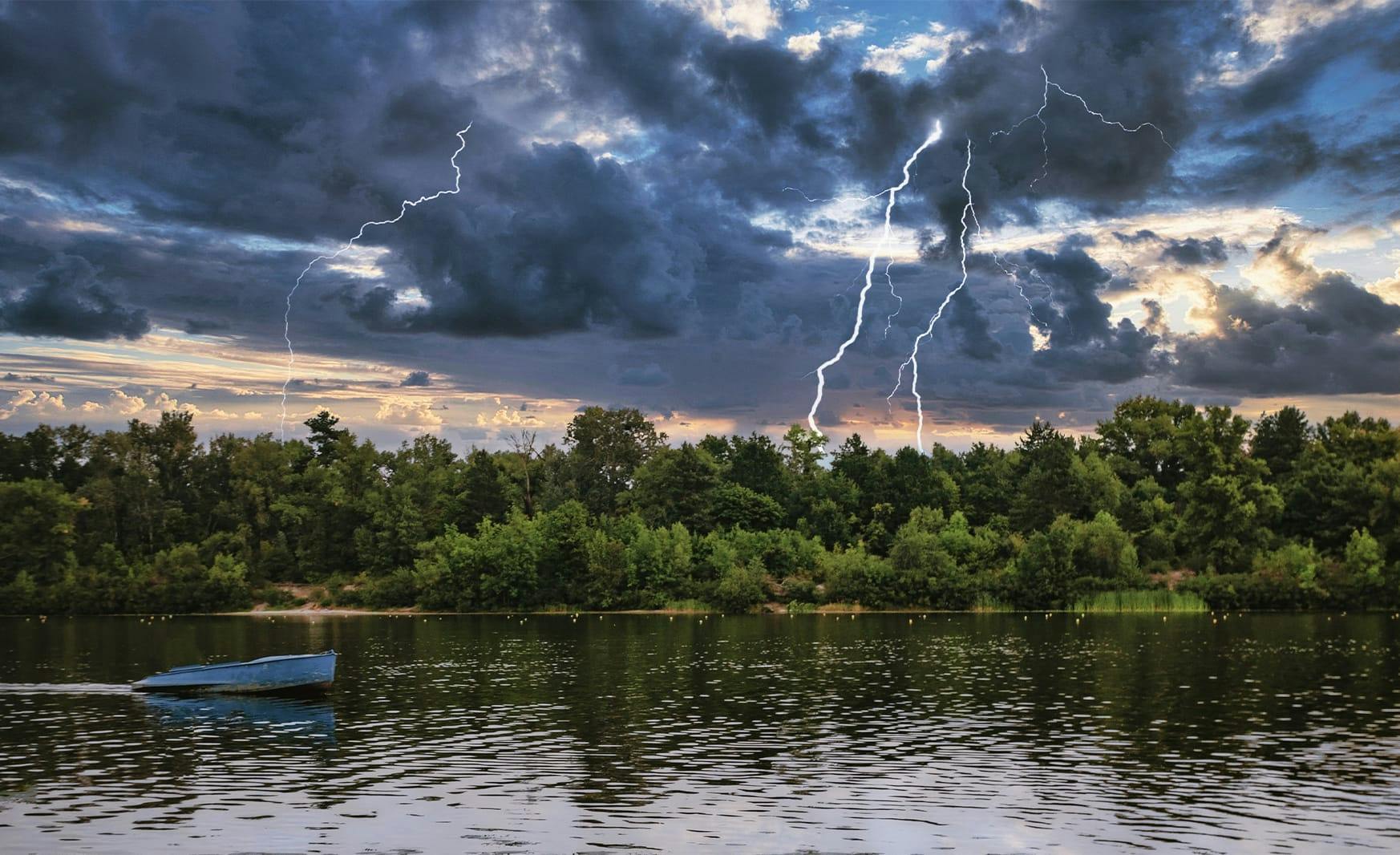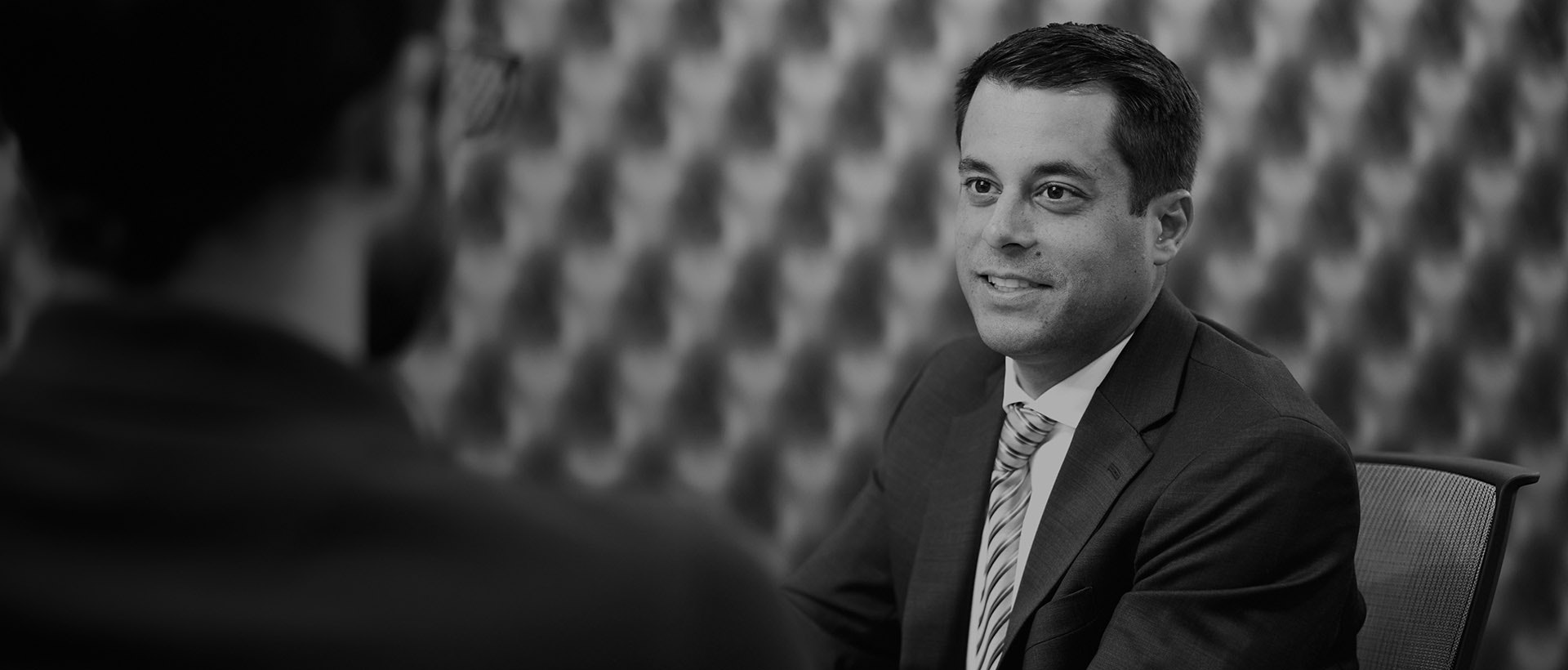If your property has suffered lightning damage, working with an experienced lightning damage lawyer in Colorado is essential to securing the compensation you deserve. Insurance companies often attempt to minimize or deny valid claims, leaving policyholders struggling to cover repair costs. A skilled attorney can help navigate the claims process, challenge unfair denials, and ensure you receive the full benefits outlined in your policy.
Lightning Damage Lawyersin Denver, Colorado


Types of Lightning Damage
Denver’s frequent thunderstorms and high-altitude terrain make lightning strikes a common and serious threat to properties across the state. Here’s how:
- Lightning damage can range from minor electrical issues to catastrophic structural destruction, including fires
- A direct lightning strike can ignite roofs, shatter windows, and compromise a building’s foundation
- Additionally, lightning-induced power surges can damage electrical systems, appliances, and essential home infrastructure
- Even if your property isn’t directly hit, nearby strikes can create dangerous ground surges that spread through wiring and plumbing, causing extensive hidden damage
Handling Denver, Colorado, Property Damage Claims
What Insurance Policies Actually Cover
Policies detail what damages are covered, deductibles, exclusions, and coverage limits.
Denver, Colorado, homeowners insurance typically covers damage from lightning strikes, fires, and power surges that harm electronics and appliances.
However, coverage specifics can vary, so reviewing your policy carefully is essential.
How to Prove the Damage
Demonstrating that lightning caused the damage to your property can be challenging.
Sufficient evidence, including professional assessments, weather reports, and expert testimony, is necessary.
The burden of proof lies with the property owner to show that the lightning strike caused the damage.
Timeliness of Claims
Colorado law requires filing insurance claims within specific timeframes. The statute of limitations for property damage claims in Colorado is two years from the date the damage was made, and its cause is known or should have been known. However, insurance companies may have their own reporting requirements, often necessitating that damage be reported within 30 to 60 days. Additionally, Colorado regulations mandate that insurers decide whether to pay or deny a claim within 60 days of receiving a valid and complete claim unless a reasonable dispute exists.
Disputes
Disputes may arise regarding the extent of the damage, interpretations of insurance policies, or the cause of the damage.
Legal assistance can help you navigate these complex policies and ensure that your rights are protected throughout the claims process.
Coverage for Lightning in Colorado Homeowner Policies
Colorado homeowner policies generally provide coverage for damage caused by lightning strikes. This includes protection for:
- The main dwelling
- Detached structures such as garages and sheds
- Personal property like appliances, electronics, and furniture
Most policies offer Additional Living Expenses (ALE) coverage if your home becomes uninhabitable due to lightning damage. This coverage assists with costs incurred from living elsewhere during repairs. Typically, ALE coverage amounts to approximately 20% of your dwelling coverage limit. For example, if your dwelling coverage is $200,000, your ALE coverage would be $40,000.
Colorado law mandates that insurers offer ALE coverage for a minimum of 12 months, with an option to extend up to 24 months. This extension is particularly beneficial in cases where extensive repairs are necessary, ensuring homeowners have adequate support during prolonged displacement periods.
Filing a Lightning Damage Claim in Colorado
Documentation
Begin by thoroughly documenting all damage:
- Visual Evidence: Capture clear photos and videos of all affected areas, including structural damages, burnt or charred sections, and damaged personal property such as electronics and appliances.
- Detailed Inventory: Create a comprehensive list of damaged items, noting their age, original value, and estimated repair or replacement costs.
Accurate documentation is crucial, as it is foundational evidence for your claim.
Notify Your Insurance Company
Promptly inform your insurer about the damage:
- Immediate Reporting: To reiterate, most insurance policies require that you report damage within a specific timeframe, often 30 to 60 days. Delaying notification can jeopardize your claim.
- Provide Essential Information: When contacting your insurer, have your policy number ready and be prepared to describe the damage concisely.
Timely communication ensures compliance with policy terms and facilitates a smoother claims process.
Inspection
After notification:
- Adjuster Assessment: Your insurance company will assign an adjuster to inspect the damage. It's advisable to be present during this inspection to address any questions and provide additional information.
- Independent Evaluation: Consider hiring a licensed public adjuster or a qualified contractor to conduct an independent assessment. This can provide an objective evaluation and assist in identifying all damages, including those that may not be immediately apparent.
An accurate assessment ensures that all damages are accounted for in your claim.
Settlement
Once the inspection is complete:
- Review Settlement Offer: The insurance company will present a settlement offer based on the adjuster's report.
- Understand Your Deductible: Your policy's deductible will be subtracted from the total settlement amount.
- Evaluate the Offer: If the initial offer doesn't cover all repair or replacement costs, you have the right to negotiate. Providing additional documentation or independent assessments can support your case.
Legal Considerations
Under Colorado law, insurance companies are prohibited from unreasonably delaying or denying payment of valid claims.
Specifically, Colorado Revised Statutes § 10-3-1115(1)(a) states: "A person engaged in the business of insurance shall not unreasonably delay or deny payment of a claim for benefits owed to or on behalf of any first-party claimant." If an insurer violates this provision, the policyholder may have grounds to file a bad faith claim against the insurer.
Remedies for such violations are outlined in Colorado Revised Statutes § 10-3-1116(1), which allows the insured to recover reasonable attorney fees, court costs, and two times the covered benefit.
How Denver, Colorado Lightning Damage Attorneys Can Assist
Expertise in Colorado Insurance Law
Insurance policies are often intricate, with language that can be challenging to interpret. A Colorado-based attorney specializing in insurance disputes can help you understand your policy's specific terms and conditions, ensuring you are aware of the coverage you're entitled to. They can guide you through the claims process, helping you avoid potential pitfalls and ensuring compliance with Colorado's insurance regulations.
Assistance with Evidence Collection
Proving that lightning caused damage to your property requires comprehensive evidence. Attorneys can assist in gathering and organizing necessary documentation, such as photographs, expert assessments, and repair estimates. They may also collaborate with restoration specialists and forensic experts to substantiate your claim, ensuring that all damage is accurately documented and attributed to the lightning event.
Legal Representation and Negotiation
Insurance companies may sometimes act in bad faith, attempting to minimize payouts or deny valid claims. An attorney can represent your interests in negotiations with insurance adjusters, striving for a fair settlement. If disputes arise, they are prepared to litigate on your behalf.
Guidance on Preventive Measures
Beyond addressing immediate concerns, specialized attorneys can advise on steps to mitigate future risks. This may include recommending installing lightning protection systems, such as lightning rods, and reviewing your insurance coverage to ensure it adequately protects against potential lightning-related damages.

Vargas Gonzalez Delombard: Fighting for Denver, Colorado, Property Owners After Lightning Strikes
At Vargas Gonzalez Delombard, we specialize in representing homeowners and businesses in Denver, Colorado, affected by lightning damage. Our experienced legal team provides free case evaluations, carefully assessing the extent of your losses and ensuring you understand your rights under Colorado law. We recognize that property damage can be overwhelming, and we are committed to guiding you through the legal and insurance process to help you rebuild with confidence.
We work diligently to streamline the claims process and fight for the full compensation you deserve. Whether dealing with delayed, denied, or underpaid claims, our attorneys advocate for your best interests. Contact us today for a free consultation, and let us help you navigate your claim—from initial assessment to final settlement—ensuring a smooth path to recovery.

